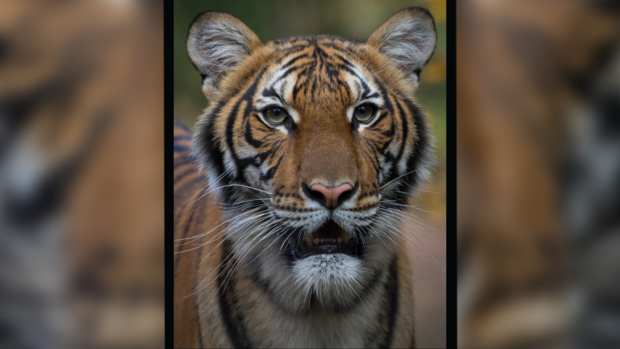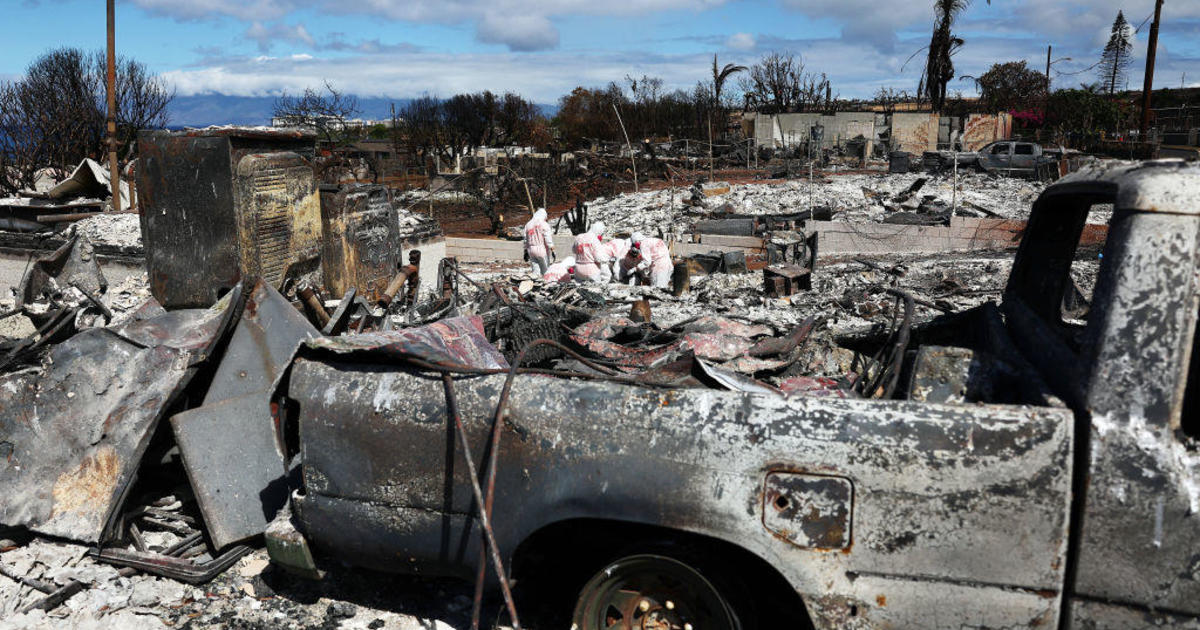2 pet cats test positive for COVID-19 in New York, USDA says
Two pet cats in New York state have tested positive for COVID-19, the disease caused by the new coronavirus that has claimed more than 180,000 human lives globally, according to the U.S. Department of Agriculture (USDA). This comes after several lions and tigers contracted the disease at the Bronx Zoo earlier this month.
The USDA said these are the first pets in the U.S. to test positive for COVID-19. They had mild respiratory illnesses and are expected to recover. Officials say the cats may have contracted the disease from people in their households or neighborhoods. The pets lived in separate areas in New York, the USDA pointed out.
"... A veterinarian tested the first cat after it showed mild respiratory signs. No individuals in the household were confirmed to be ill with COVID-19," USDA said in its press release. "The virus may have been transmitted to this cat by mildly ill or asymptomatic household members or through contact with an infected person outside its home."
In the case of the second feline, the owner of the cat tested positive for COVID-19 prior to the cat showing signs. Another cat in the household has shown no signs of illness, according to the USDA.
The testing used to confirm the cats were positive for coronavirus is different than the procedure used on humans. Health officials say that while some animals can become infected by people, there's so far little evidence that animals are transmitting the disease to humans.
When the infections at the Bronx Zoo were revealed, health officials said the big cats got sick from being exposed to a zoo employee who had COVID-19, but was asymptomatic. No other animals at the zoo had any coronavirus symptoms.
At the time, the USDA said the Bronx Zoo's tiger was the "first case of its kind" and "further studies are needed to understand if and how different animals could be affected by COVID-19."
Meanwhile, the U.S. Centers for Disease Control and Prevention (CDC) said a small number of pets outside the U.S. have been reported to be infected with the virus after close contact with people with COVID-19 — but not the other way around. "We do not have evidence that companion animals, including pets, can spread COVID-19 to people or that they might be a source of infection in the United States," the CDC says.
In a study published in Science, scientists from Harbin Veterinary Research Institute intentionally exposed groups of cats, dogs, ferrets, pigs, chickens and ducks to the new coronavirus, and found some animals are more susceptible than others.
Fortunately for dogs, the researchers found that man's best friend has a low susceptibility to the virus. Livestock including pigs, chickens and ducks also did not appear to be significantly affected by it.
However, both ferrets and indeed cats do appear to be susceptible to infection, the study finds. To determine this, researchers inserted the virus, SARS-CoV-2, into the noses of five domestic cats. Three of the infected cats were put in cages next to uninfected ones. The researchers later found the virus in one of the exposed cats, suggesting it contracted the virus from droplets in the breath of the infected cats nearby.
The four cats that had coronavirus also developed antibodies against the virus. The researchers say knowledge of how the virus replicates in animals could be helpful in efforts to develop treatments for COVID-19 in humans. However, the study also raises many other questions.
For one thing, this experimental study might not mimic the way germs are spread in real life, Dr. Ann Hohenhaus, an internal medicine and small animal veterinarian at New York City's Animal Medical Center, told CBS News. "They took a known amount of virus and squirted it up the nose of the animals they were testing," she explained.
"When you do research, you got to start somewhere, so that was a big dose of the virus right up the nose. And I don't think there's anybody who thinks that mimics the situation out there of you and your pet in an apartment in New York City," Hohenhaus said, adding the study was an important step in the research of coronavirus and animals.
The CDC and USDA have told pet owners to "wash your hands before you touch your pet, wash your hands after you touch your pet. If you're sick, wear a mask ... you should not take care of your pet and find a surrogate to take care of your pet so that you can quarantine yourself away from everyone in the family, which includes all pets," Hohenhaus said.
Caitlin O'Kane contributed to this report.





